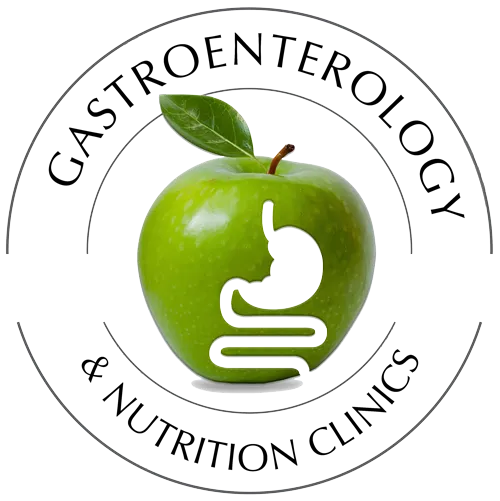-
Dealing With Acute Pancreatitis
posted: Aug. 16, 2019.
Acute pancreatitis strikes suddenly, causing severe pain and vomiting. More than 300,000 people are admitted to U.S. hospitals every year due to acute pancreatitis, according to The National Pancreas Foundation. What Read more -
Dealing With Hepatitis B
posted: Jul. 30, 2019.
Dealing With Hepatitis B Have you been diagnosed with Hepatitis B? Hepatitis B is an infection of the liver that is caused by the hepatitis B virus. The virus is passed Read more -
Dealing with a Hiatal Hernia
posted: Jul. 15, 2019.
A hiatal hernia is when the stomach bulges through an opening in the diaphragm. Some people don’t even now that they have a hiatal hernia because it doesn’t always produce Read more -
Treating Hemorrhoids
posted: Jun. 28, 2019.
While an embarrassing condition, hemorrhoids are rather common and will happen to the majority of us at some point during our lifetime. This condition occurs when the veins around the Read more -
What is Pancreatitis?
posted: Jun. 14, 2019.
The pancreas is an organ that we don’t often give much thought to and yet it’s quite important. After all, it is responsible for releasing digestive enzymes into the small Read more -
Dealing With Lactose Intolerance
posted: Jun. 03, 2019.
When people experience frequent bouts of flatulence, abdominal bloating, cramps, and diarrhea, it's disconcerting and sometimes unpredictable. Your gastroenterologist may review your symptoms and do some in-office testing to determine Read more -
Living With Crohn's Disease
posted: May 17, 2019.
If you are someone with Crohn’s disease, we don’t need to tell you how impactful this chronic condition can be. Frequent bowel movements, intense abdominal cramps, chronic fatigue, and disposition Read more -
Dealing With Indigestion
posted: May 01, 2019.
7 Tips for Dealing With Indigestion Suffering from indigestion? Most people have indigestion at some point in their lives. Indigestion, also called dyspepsia, is defined as a persistent or recurrent pain Read more -
Colon Cancer Screening
posted: Apr. 16, 2019.
One of the most effective screening methods for detecting the earliest signs of colorectal cancer is through a colonoscopy. A colonoscopy allows a gastroenterologist to be able to examine the Read more -
Diverticulitis: What Is it and How to Treat it
posted: Apr. 08, 2019.
Diverticulitis is a condition in which small pouches or sacs called diverticula form in the large intestine, or colon, and become inflamed. When the sacs are inflamed, they can bulge Read more -
Irritable Bowel Syndrome
posted: Mar. 19, 2019.
Irritable bowel syndrome, also known as IBS, is a condition affecting the large intestine or colon. It is associated with a variety of symptoms, including abdominal discomfort and diarrhea. The exact cause Read more -
What Are Polyps?
posted: Mar. 06, 2019.
A polyp: you may have heard of this condition, but remain unsure on what exactly it is. Most commonly developed in the colon, polyps are small clumps of cells that Read more -
What is a Flexible Sigmoidoscopy?
posted: Feb. 14, 2019.
What is a Flexible Sigmoidoscopy? A flexible sigmoidoscopy is a critical diagnostic tool to evaluate the health of your large intestine, or colon. An ultra-thin, flexible tube called a sigmoidoscope is Read more -
What is Barrett's Esophagus?
posted: Feb. 01, 2019.
If you’ve been dealing with gastroesophageal reflux disease (GERD) and you have either been ignoring your symptoms or haven’t been able to get them under control then you could end Read more -
Signs You May Have a Peptic Ulcer
posted: Jan. 15, 2019.
Peptic ulcers, or stomach ulcers, are breaks or holes in the lining of the stomach. An ulcer in the first part of the intestines is known as a duodenal ulcer. Read more -
What is a Hiatal Hernia?
posted: Dec. 31, 2018.
Though many people never know they have one due to lack of symptoms, a hiatal hernia can cause complications which can affect your daily life. Knowing the signs and symptoms Read more
